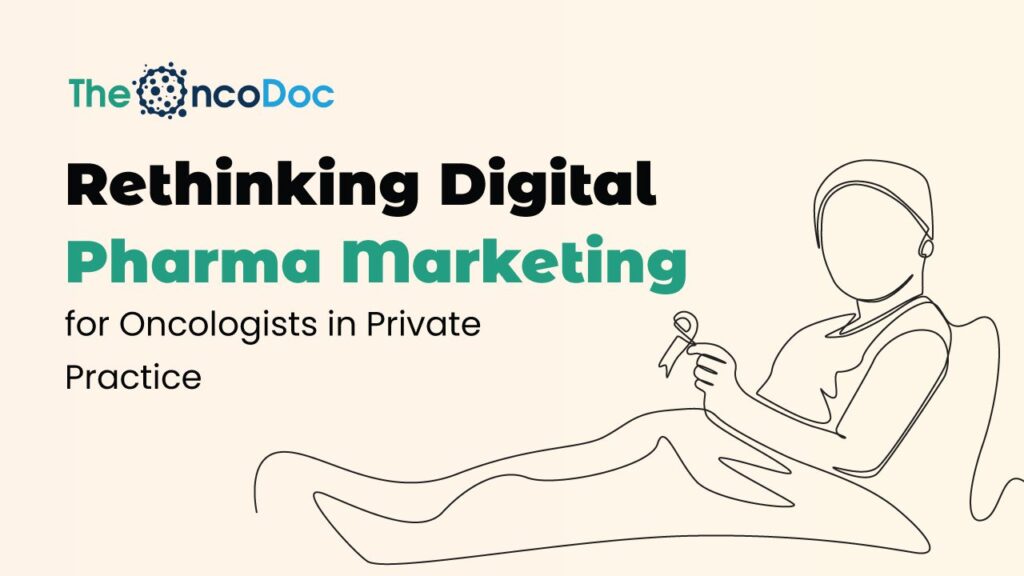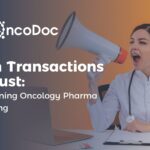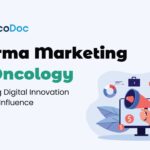Introduction: Private Practice, Personal Decisions
Oncologists in private practice walk a delicate line between clinical excellence and business sustainability. Unlike their hospital-based counterparts, these physicians manage not only complex treatment plans but also patient experiences, administrative tasks, and practice-level outcomes. For pharmaceutical marketers, reaching this segment demands more than blanket campaigns or generic messaging.
Digital marketing offers a tailored pathway to engage these time-strapped professionals. But success lies in delivering value — not volume. Pharma must shift from selling treatments to solving problems by aligning digital strategy with the nuanced needs of private oncology practices.
Understanding the Private Practice Mindset
Independent oncologists often rely on agility and clinical autonomy, but they also face unique pressures:
– High patient turnover and administrative load
– Limited access to peer networks compared to academic centers
– A need for real-world efficacy over theoretical data
– Direct impact on practice economics from treatment decisions
Recognizing these realities allows digital marketers to serve, rather than sell.
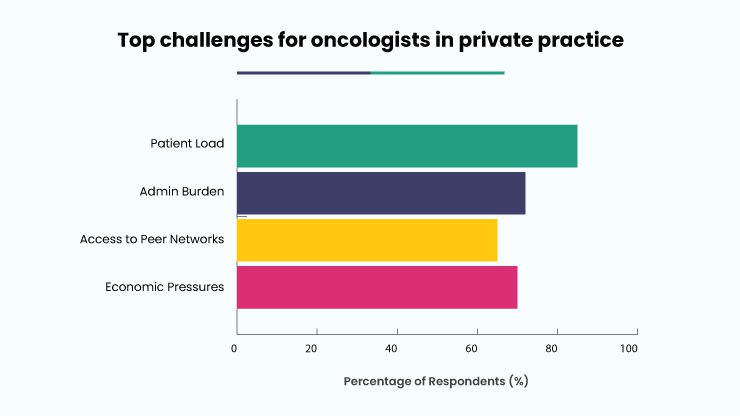
Digital Strategies That Resonate with Private Oncologists
Make Information Actionable and Practice-Oriented
While clinical data remains vital, private oncologists often prioritize how new treatments will integrate into their workflow and impact patient satisfaction.
Execution Ideas:
– Provide calculators or decision-tree tools embedded in emails or web platforms
– Deliver short-form videos focused on case-based treatment implementation
– Offer downloadable guides for staff training or patient onboarding
Segment by Practice Size and Specialty Focus
Not all private practices are alike. Solo oncologists, multi-specialty groups, and infusion center owners have different informational and business priorities.
Execution Ideas:
– Use data management tools to create hyper-segmented campaigns
– Develop targeted landing pages for niche services (e.g., biosimilars, rare cancers)
– Run pilot A/B tests to refine content for small vs. large practices
Empower the Whole Care Team, Not Just the Doctor
Private oncologists often make collaborative decisions with nurses, administrators, and even billing managers. Pharma marketing should account for all these voices.
Execution Ideas:
– Host webinars for non-MD staff on reimbursement support or side effect management
– Design multichannel content packages with role-specific takeaways
– Include front-desk tips for patient education during waiting time
Leverage Localized Real-World Evidence
Independent oncologists are often skeptical of large global trials. They want assurance that a product works for patients like theirs, in communities like theirs.
Execution Ideas:
– Showcase regional outcomes data in familiar formats
– Promote case studies from similar practice types (e.g., rural clinics)
– Invite respected local peers to present at virtual sessions
Integrate Support Services into the Marketing Journey
Beyond molecules, private oncologists need help with logistics: access, affordability, and adherence.
Execution Ideas:
– Include links to co-pay and prior auth portals directly within campaigns
– Automate follow-up emails after a tool or service is accessed
– Offer live chat support from field reps or MSLs via digital platforms
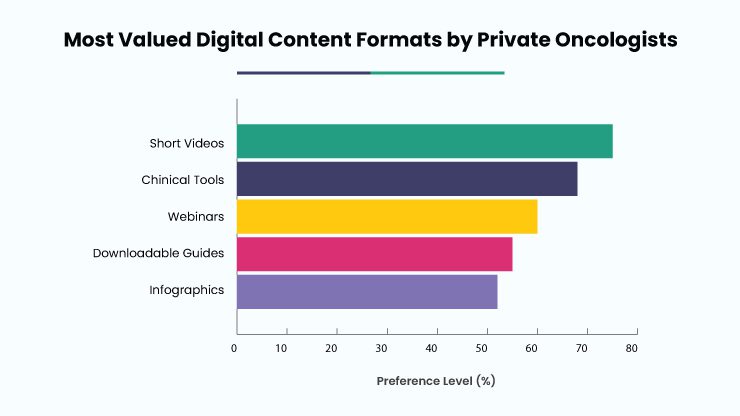
Ethical Boundaries and Data Sensitivity
Trust is especially fragile in the private sector, where physician-patient relationships are deeply personal. Marketing must reinforce, not compromise, that bond.
Key Ethics Pillars:
– Never scrape or sell identifiable practice data
– Avoid sensational claims or treatment comparisons without context
– Always disclose sponsorship and conflict-of-interest transparently
– Follow all country-specific guidelines (UCPMP, GDPR, HIPAA, etc.)
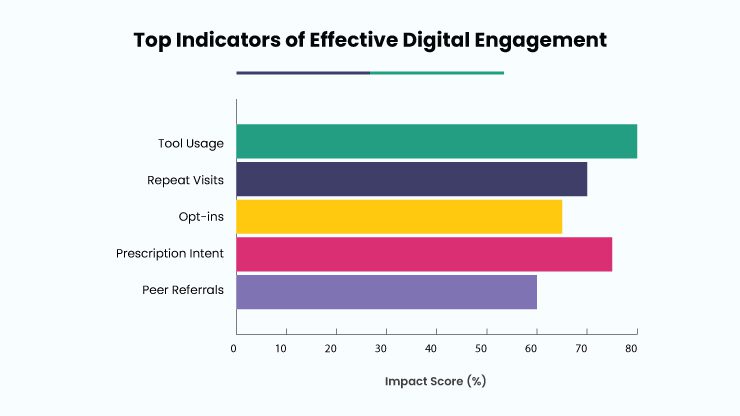
Measuring Value Beyond Clicks
The impact of a digital campaign isn’t just about open rates. In private oncology, success means deeper integration into daily decisions.
Success Indicators:
– Repeat usage of clinical tools or platforms
– Increase in HCP opt-ins for follow-up education
– Uptick in prescription intent from geographically matched territories
– Referrals of peers to digital platforms or branded portals
Platforms like Veeva CRM, Salesforce Health Cloud, and Adobe Experience Cloud allow marketers to track nuanced engagement while respecting privacy boundaries.
Conclusion: From Vendor to Value Partner
To succeed with private oncologists, pharma marketers must pivot from mass tactics to relationship-based digital strategy. Offering practical value, enabling everyday care, and upholding ethical engagement are the new benchmarks for success.
By embedding themselves in the clinician’s digital environment with humility and relevance, pharma brands can become trusted allies in both medical decision-making and practice growth — one thoughtful click at a time.
The Oncodoc team is a group of passionate healthcare and marketing professionals dedicated to delivering accurate, engaging, and impactful content. With expertise across medical research, digital strategy, and clinical communication, the team focuses on empowering healthcare professionals and patients alike. Through evidence-based insights and innovative storytelling, Hidoc aims to bridge the gap between medicine and digital engagement, promoting wellness and informed decision-making.

